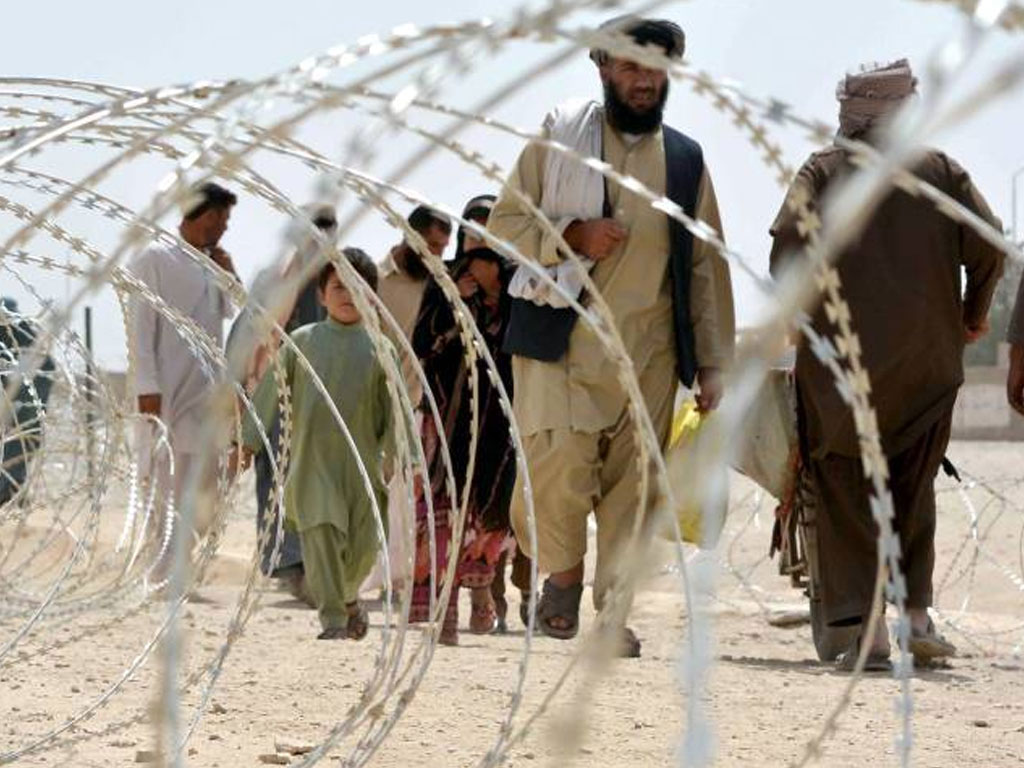
The considerable roadblocks to the erstwhile FATA's mainstreaming appear finally to be giving way to an incremental approach to bringing institutions and procedures to the tribal districts in conformity with the rest of the country. The biggest roadblock of finding the resources for the task is being overcome by the PTI governments in Punjab, Khyber Pakhtunkhwa (KP) and at the Centre contributing between them three percent from their share of the divisible pool for this purpose within six months. This was decided in a high-level meeting chaired by Prime Minister Imran Khan last week. During this time, the federal government would try to finalise the three percent allocation from the provincial and federal shares in the National Finance Commission (NFC) Award. The decision is intended to kick-start the process in the tribal districts in the presence of a delay in the formation of the NFC and possible resistance by Sindh and Balochistan to any cut in their shares. Another obstacle that looms is the next budget, due in a few months. Based on the 2018-19 federal divisible pool and the provinces' shares, the contribution by the Centre and two provinces comes to Rs 108.03 billion. KP's budget for 2019-20 will include the budget for the tribal areas. A governance law for these areas will be promulgated for an interim period within one month after the Peshawar High Court struck down the FATA Interim Governance Regulation. In its review appeal to the Supreme Court (SC), the KP government pleaded for arrangements to fill the legal vacuum that had emerged as a result. The SC granted the government six months to introduce a proper legal system for the tribal areas. The government intends to create courts in the tribal areas within a year, in the expectation that the SC would grant an extension in the deadline because of the complexities attending the process. In parallel, dispute resolution and grievance redressal platforms along traditional tribal jirga lines could be established if the people of the area asked for them. Vacant Levies' posts numbering 2,200 would be filled and the inductees trained within 3-6 months. Police would move in sequentially within one year with a softly, softly approach. DSPs, Inspectors and Sub-Inspectors would be inducted from the tribal areas within a year. The same timeframe would apply to prisons and a prosecution setup. Monitoring units for the health and education sectors would be extended to these benighted regions. Health cards would be issued to half a million families within one month. A local government law would be promulgated and local elections held along with the rest of KP within six months.
Meanwhile, the Election Commission of Pakistan (ECP) is gearing up for upcoming elections to provincial seats from the tribal areas by expediting electoral lists. The potential electorate is being urged to complete the registration of their votes. Electoral rolls would be reviewed now that the expiry date of December 31 has passed. The ECP will receive objections to the 16 draft constituencies for the eight tribal districts for the KP Assembly according to Article 106 as amended by the 25th Amendment and in the light of the provisional results of the 2017 census.
What is being attempted in erstwhile FATA is nothing short of a revolution. It envisages bringing the tribal districts out of the darkness of the colonial era structures that denied the tribal people the rights other areas took for granted. Black laws like the FCR have been on the statute books since 1901. More than a century later, the tribal denizens can at last look forward to emerging into the light of day in a modern polity. The transition nevertheless remains complicated and may cause some pain when a radical change in their traditional way of life arrives for the tribal people. Difficult as the transition from the old to the new is, it is an idea whose time has finally come.
